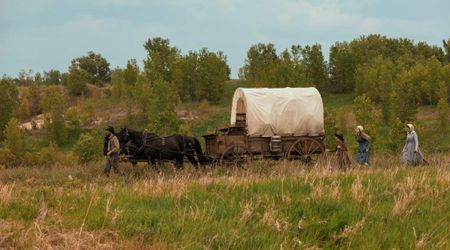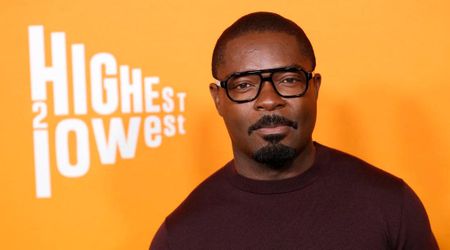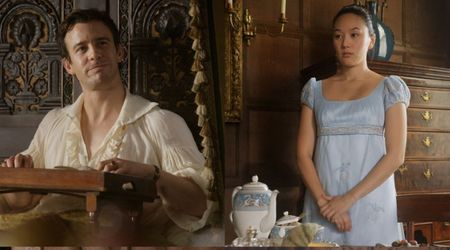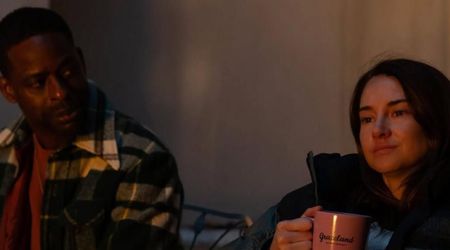How 'BoJack Horseman' changed the narrative of the disturbed antihero forever

This story contains major spoilers for the final season of 'BoJack Horseman'
At the end of the first half of the final season of 'BoJack Horseman', reporters from The Hollywoo Reporter are chasing the once-beloved 90s star of 'Horsin' Around' over speculations that he might have had something to do with the death of Sarah Lynn (Kristen Schaal).
As they begin their investigations into the matter, adamant that there lies a groundbreaking story behind the tragic death of the actress and the popstar, they make horrific discoveries about BoJack's association with the women from his life.
But BoJack believes that they cannot incriminate him for what he has done in the past. He has been on his best behavior since getting out a rehab - rebuilding his life one block at a time, teaching acting at the Wesleyan University in Connecticut, living a life sans drugs and alcohol.
And now, that he has managed to finally get better — finally live a life where he was not constantly destroying himself — how can the world do this? As he sits with Princess Carolyn (Amy Sedaris) and Diane Nguyen (Alison Brie) brainstorming about everything he has ever done wrong, he is still unable to realize just how much he damaged Sarah Lynn.
And through that anxious, sinking feeling, that dismal cavity in his heart, that is when the truth catches up with him.
The reporters do get him for his past holding him accountable for his actions (he had so deviously covered up his tracks). And when they do, his whole world comes crashing down.
Over the course of the last six seasons, we watched BoJack Horseman (Will Arnett), the legendary 90s sitcom star, fall to his ruins through a muddle of self-loathing, alcohol, drugs and failed relationships. Desperate to find the love, connection, companionship that had eluded him all his life, BoJack had forever lost himself in the misery of it all.
But with his attempts at bringing his life back on track, he finds it immensely unfair that the world is out to get him like this. Tragic heroes like BoJack Horseman hide inside them the emptiness that they collect through their lives. This emptiness facilitates how they see their world, coloring their expectations from their world.
As audiences, we are supposed to empathize with them: feel their pain, identify their history, understand that these characters are exceedingly flawed, much like ourselves. We are meant to sympathize with BoJack, to understand that their pain and suffering make it just about okay for them to behave the way that they do.
So we are filled with anxiety as journalist Paige Sinclair (Paget Brewster) follows up with the investigative expose at her pace. What if she finds out the truth? What is to happen to everything that BoJack has worked towards for his improvement?
And here is exactly where Netflix's 'BoJack Horseman' completely changes the narrative of the tragic, disturbed antihero. When his first redemptive attempt ends with him drowning in a pool, you pretty much accept the fate of the tortured actor — drowning his sorrows in alcohol and drugs.
But death would be a way out, which means that BoJack will never pay for his actions by drowning a sorry death in his pool. And this would be contrary to the show's entire narrative - of owning up, of taking responsibility and of facing the truth.
'BoJack Horseman' does not excuse its troubled protagonist for his flaws but has him own up to the irreparable damage he caused to numerous lives.
And so BoJack readies himself to work on himself once again - he had built himself up from rock bottom once in the past, and he could build himself again (as Diane tells him in what could be deemed as their last few minutes together in the final scene of the series) - "Life's a bitch and then you keep living".
All episodes of Season 6 of 'BoJack Horseman' are currently streaming on Netflix.










